When Graeme Souness commented that it was “a man’s game all of a sudden, again” after the heated 2-2 draw between Chelsea and Tottenham at the weekend, it was perhaps inevitable that the use of such a gender-loaded phrase would draw comment.
Souness would later claim he had only been referring to the physicality of the match.
But the comment caused fellow panellist Karen Carney to shift uncomfortably in her seat and Sky presenter Dave Jones to instantly remind viewers that “it’s also a women’s game as well”.
The reverberation didn’t take long to arrive.
Tweets criticising his language were posted by several high-profile female footballers, including current England internationals.
This was followed by hundreds of responses, mostly from males, defending Souness and insisting he’d simply been commenting on a match between two men’s sides.
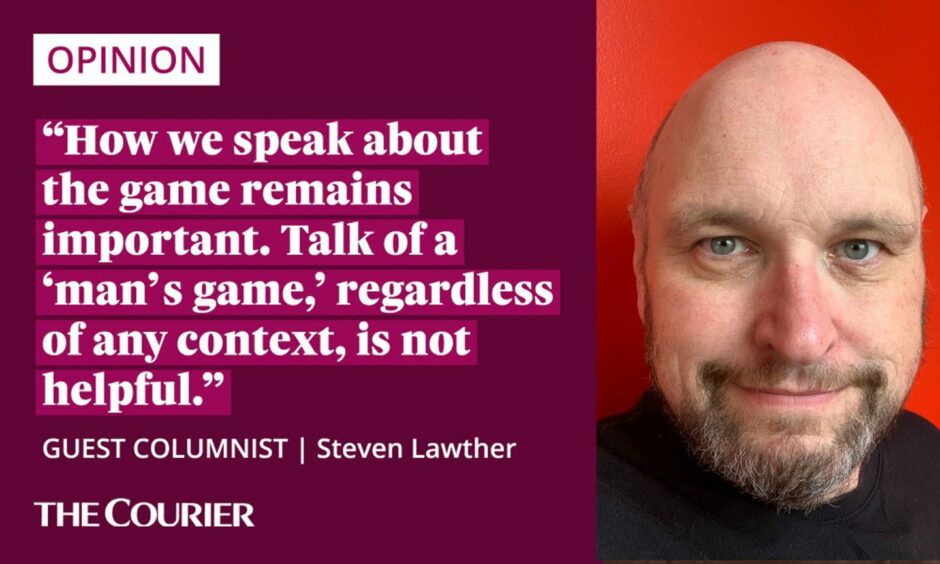
Debate around the use of language in football is not new.
During the recent Women’s European Championships, a campaign to get fans thinking about the language they use around the game was launched under the banner of, “I am the 12th woman”.
The aim to challenge conventional thinking and invite a conversation about bias and inequality that persists across football culture.
A separate call was made from sponsor Volkswagen under the hashtag #notwomensfootball.
The implication being that adding the label of ‘women’ rather than simply calling it football, results in the impression that a game played by females is somehow not proper or real.
Souness’ words were careless
These campaigns are important. Words have power and can shape how we think about every aspect of our game and those playing it.
Personally, I don’t believe that Graeme Souness was implying that football should exclusively be a game for males.
Yet, I still believe that his words were careless and ill-advised.
Language like this can be misinterpreted, misconstrued, and misappropriated by those wishing to demean and ridicule the notion of women playing football.
A cursory look at the commentary from those defending Souness highlights this.
‘We have men’s football and women’s football, they are not the same,’ said one supporter.
‘It’s not even close to the same game,’ says another.
“It’s a man’s game”
“Men at it”Get in the 🗑 what a disgraceful thing to say after the summer this country has just seen.
— Bethany England (@Bethany_Eng15) August 14, 2022
Another responded to Beth England’s critical tweet stating that she “didn’t understand football”.
Yes, that is the same Beth England who less than a fortnight ago lifted the European Championship trophy at Wembley Stadium for her country.
Talk of a ‘man’s game’ is not helpful
These opinions are not new.
They are fuelled by the same hostility that banned women playing the game for 50 years.
And they still need to be challenged at every turn.
Football is football, regardless of who is playing it.
Thankfully, increasing numbers of people understand this as woman and girls are afforded more opportunities to play and demonstrate their ability.
“I said we had our game back, it’s the kind of football I remember playing in.”
“It was a throwback and I think our game will be better for it.”
Graeme Souness addresses his ‘man’s game’ comments on yesterday’s action. pic.twitter.com/hEMMB0tGOL
— talkSPORT (@talkSPORT) August 15, 2022
But we are not there yet, and how we speak about the game remains important.
Talk of a ‘man’s game,’ regardless of any context, is not helpful.
Words matter.
They have the potential to either reinforce existing prejudice or advance equality.
We don’t have to be perfect, but we can all be better.
Steven Lawther is a Raith Rovers season ticket holder and Scotland fan. He is the author of ‘Arrival – How Scotland’s Women took their place on the world stage and inspired a generation.’

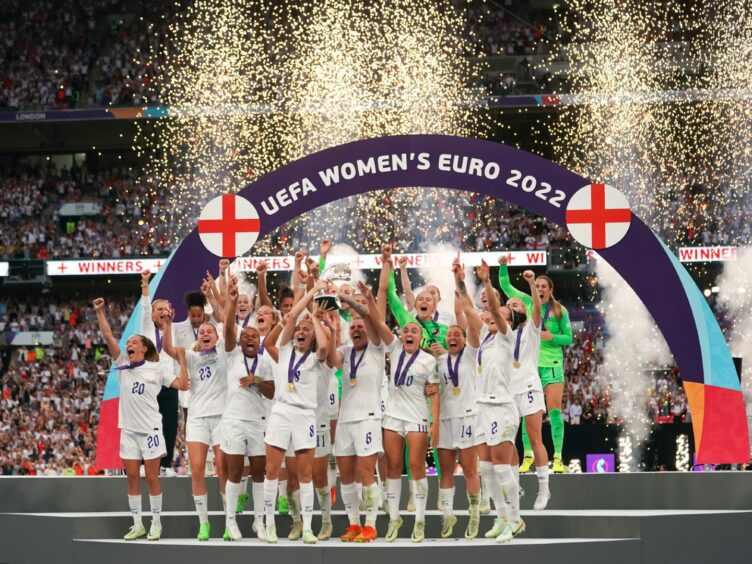
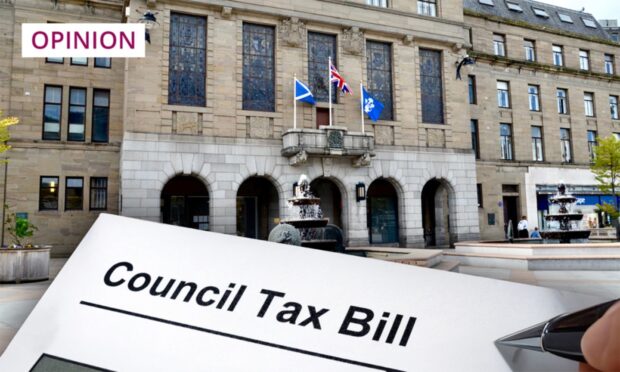


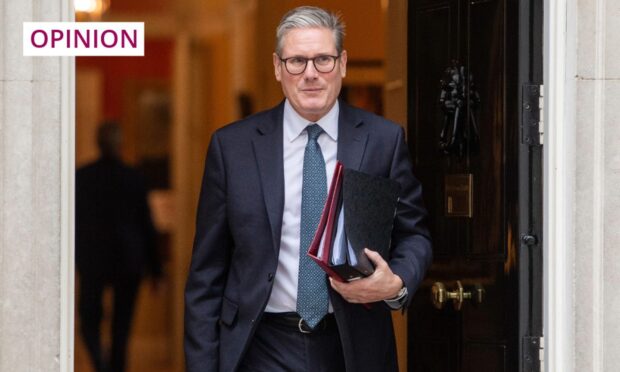
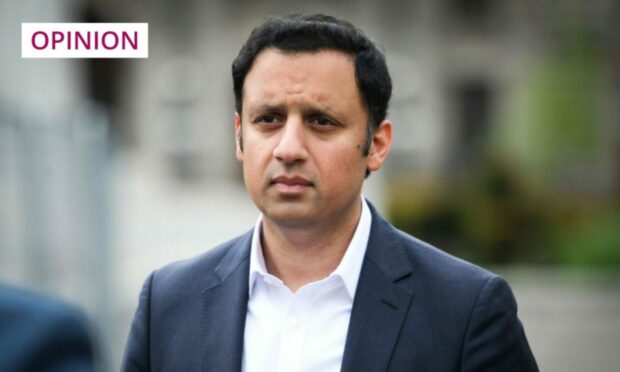




Conversation